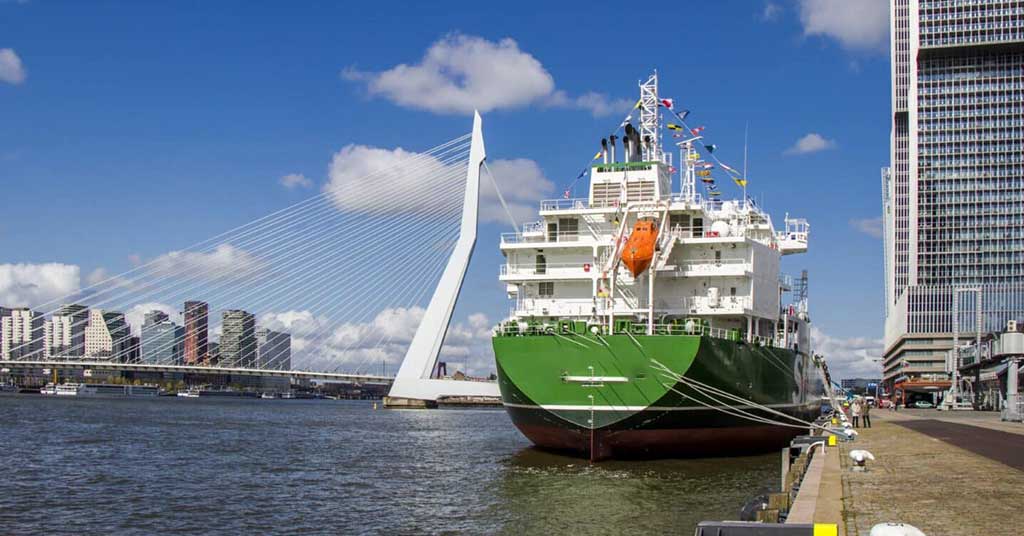Welcome To ChemAnalyst

Switzerland: Proman's shipping division is set to switch fully to Methanol from traditional oil-based fuels, according to recent reports. This bold move is based on Methanol's potential to reduce carbon emissions, as well as its proven propulsion technology. To execute this switch, Proman has partnered with Swedish tanker company Stena Bulk to establish a 50-50 joint venture called Proman Stena Bulk.
The partnership currently operates six MR dual-fuel tankers, with four already in use and two set for delivery by early 2024. Three of the tankers are owned by Proman, and the remaining three are owned by the joint venture. Each tanker can consume around 11,500-12,500 mt/year of Methanol.
Proman, a company capable of using dual-fuel, prefers Methanol as its primary fuel. As part of their collaboration with TA’ZIZ in Abu Dhabi, Proman is expected to develop a gas-to-Methanol plant with a production capacity of up to 1.8 million mt/year. This development will result in an increase in shipping requirements.
Moreover, Proman manages 11 chemical tankers that are time-chartered and will prefer Methanol as a fuel when replacing them. At present, there are 23 operational Methanol-powered tankers globally and two on order. Methanex, another well-known Methanol producer, owns Waterfront Shipping, a subsidiary with 19 ships capable of running on the fuel.
Methanol propulsion is proving to be a more cost-effective solution than liquefied natural gas (LNG) as an alternative fuel. With over 120 ports providing Methanol supply worldwide, it requires minimal adjustments to the existing bunkering infrastructure. The container shipping industry, represented by major carriers such as HMM and Maersk, has made a significant move by ordering a total of 94 boxships capable of utilizing Methanol fuel, thus surpassing all other sectors.
Global Methanol production capacity stands at 110 million mt/year, primarily derived from coal or natural gas which results in significant lifecycle greenhouse gas emissions. Gray Methanol has higher greenhouse gas emissions than 0.5%S fuel oil, which serves as the most common type of bunker fuel at present.
We use cookies to deliver the best possible experience on our website. To learn more, visit our Privacy Policy. By continuing to use this site or by closing this box, you consent to our use of cookies. More info.
